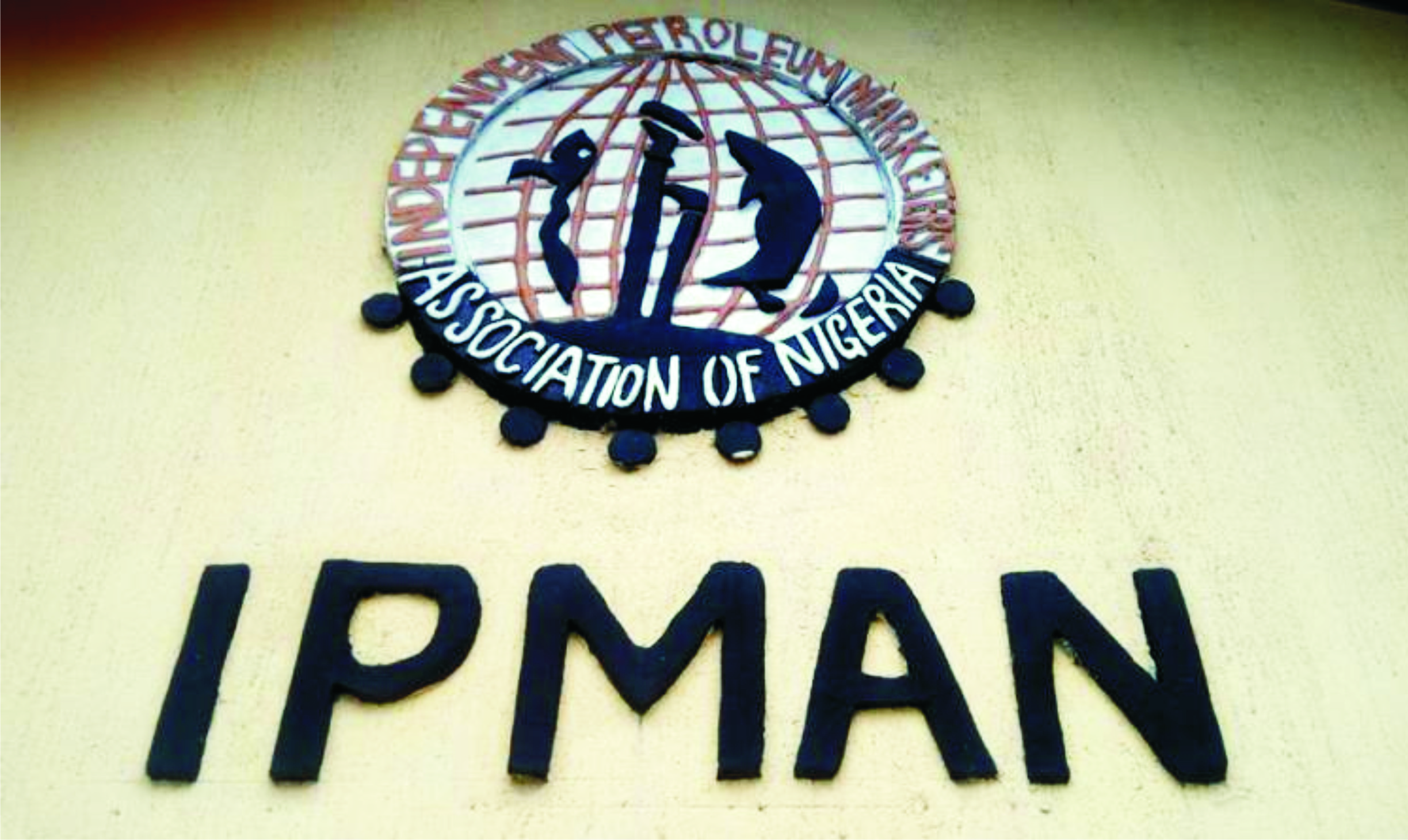Business
IPMAN Destroys 40 Bunkering Camps In Rivers

The Independent Petroleum Marketers Association of Nigeria (IPMAN), Anti-bunkering Unit, says it has destroyed about 40 bunkering camps in Rivers State within this month of August.
The Secretary of IPMAN, Port Harcourt Depot, Igor Ejike, disclosed this at the weekend while speaking to journalists in Port Harcourt on the activities of IPMAN.
He said that the anti-bunkering unit of the association, in collaboration with security agents, have entered into the marine
environment based on
President Muhammadu Buhari’s directives to IPMAN when the association paid him a visit at the Presidential Villa in Abuja.
“The President told us that a lot of oil has been stolen from the waterways in the name of bunkering which is an economic sabotage to the nation.
“We were given an order by the President to partner with the Military and other security agencies to tackle this issue.
“We have created our channels, and our anti-bunkering unit, in and so far, about 40 camps used for bunkering have been destroyed within this month of August.
collaboration with the security agents, have entered into the marine environment, and so far, about 40 camps used for bunkering have been destroyed within this month of August.
“The product they are stealing are meant to be refined and be distributed through our outlet because we are IPMAN”, he said.
Ejike, however, appealed to the state government to support the marine police with logistics to tackle the armed gangs in the marine environment, adding that the issue of black sooth is gradually reducing, since the anti-bunkering unit entered into the marine environment.
reducing, since the anti-bunkering unit entered into the marine environment.
According to him, a total of 250 operational bases will be launched across the country, and urged members of the public to give information to the unit on any known bunkering camps.
Corlins Walter
Business
Fidelity Bank To Empower Women With Sustainable Entrepreneurship Skills, HAP2.0
Business
President Tinubu Approves Extension Ban On Raw Shea Nut Export
Business
Crisis Response: EU-project Delivers New Vet. Clinic To Katsina Govt.
-
Maritime4 days ago
Nigeria To Pilot Regional Fishing Vessels Register In Gulf Of Guinea —Oyetola
-

 Sports4 days ago
Sports4 days agoGombe-Gara Rejects Chelle $130,000 monthly salary
-
Maritime4 days ago
Customs Declares War Against Narcotics Baron At Idiroko Border
-

 Sports4 days ago
Sports4 days agoTEAM RIVERS SET TO WIN 4×400 ” MORROW” …Wins Triple jump Silver
-
Maritime4 days ago
NIMASA,NAF Boost Unmanned Aerial Surveillance For Maritime Security
-

 Sports4 days ago
Sports4 days agoNPFL Drops To 91st In Global League Rankings
-

 Sports4 days ago
Sports4 days agoNIGER DELTA GAMES PANACEA TO YOUTH DEV”
-

 Sports4 days ago
Sports4 days agoNPFL Impose Fines On Kwara United Over Fans Misconduct

